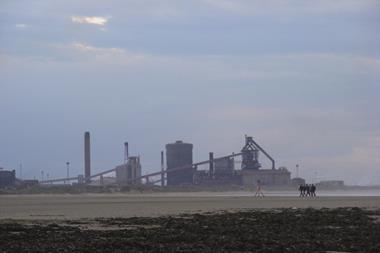The results of the recent BBC-commissioned poll regarding the ‘northern powerhouse’ suggested that two-thirds of people in the North of England have either never heard of the northern powerhouse, or know nothing about it (6.11.15).
Fergus Hewison, political reporter at BBC Radio Newcastle, amusingly claimed “a 1980s’ nightclub” and “an electricity company” were among the answers he’d received when asking people what the northern powerhouse was. Whether this reveals a fundamental issue with the way Westminster communicates its policies in general is perhaps a separate issue.
What is clear, however, is that an economic model designed to significantly benefit the North, far from being championed and embraced, is still largely misunderstood by those who stand to gain the most from it.
The key thing to take away is that the vast potential of the opportunity at hand needs to be made clearer. The government is looking for private sector ‘provocations’ to deliver what is needed, but if the northern powerhouse is simply seen as a political measure to improve the Tories’ standing in the North alone, the concept won’t progress with the energy and passion needed to make it a success.
What needs to be made clear is that this is a solution ‘for the North, by the North’. If the northern powerhouse succeeds, what is arguably an underperforming economic region, when measured against national and European GVA standards, will evolve into a world-class one. The North’s economy would be the 10-largest state in the EU if independent - not just an ‘alternative to London’.
Furthermore, it is an opportunity to tap into entirely new resources, knowledge and investment. The cities of the northern powerhouse will not compete internally for existing employers by discounted business rates and other fiscal measures. Instead, they will focus on attracting inward investment to the northern powerhouse area as a whole, securing more external capital and funding for the region.
Finally, with the advent of greater devolution, the northern powerhouse will not be burdened by layers of bureaucracy as previous attempts were. Instead, those who know the intricacies of the regional economic landscape best will be increasingly influential as devolution is rolled out. Here is an opportunity for the North to secure its own prosperous future far from the political machinations of Westminster.
Start getting people enthused by the sheer scale of potential for the northern powerhouse and the understanding of the practicalities will follow suit. Until then it will simply be assumed that the chancellor is championing a retro discotheque.
Richard Corby, Lambert Smith Hampton’s northern powerhouse spokesperson and director in the firm’s Leeds office





























No comments yet